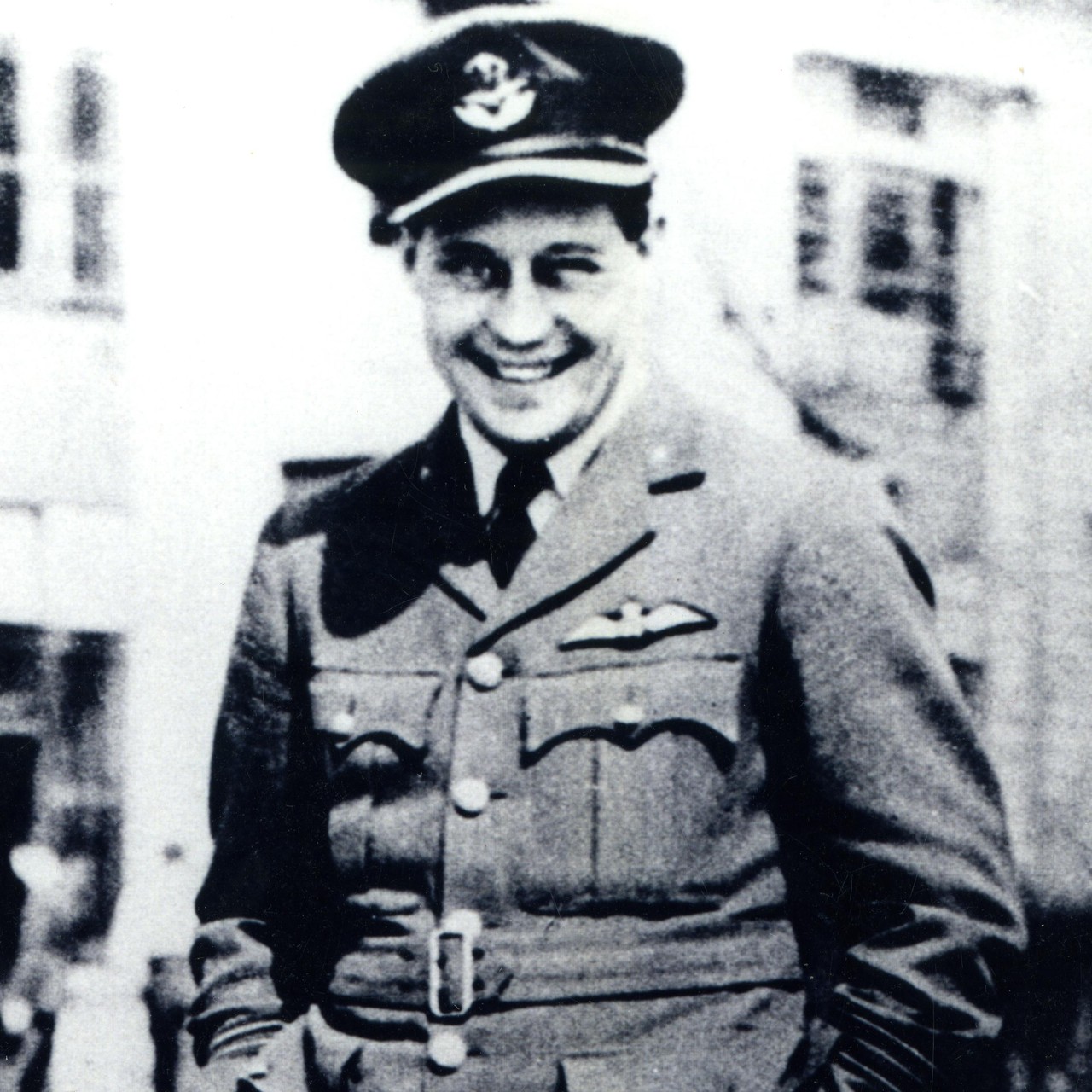Bushell was born in August 1910 in South Africa. He joined the British Royal Air Force (RAF) in 1932 and became Squadron Leader of No. 92 Squadron in October 1939. During his first war deployment at the Battle of Dunkirk, Bushell was shot down and crash-landed his Spitfire in German occupied territory. He was captured and became a prisoner of war (POW).
In the years that followed Bushell troubled his captors by making several escape attempts. Trying to escape was in line with the idea of military honour and regarded as legal by the Geneva Convention.
After several failed escape attempts Bushell arrived at the Stalag Luft III prison camp in October 1942. He quickly took over organizing the escape operations in the camp. He became known as the mastermind and was called ‘Big X’ by his comrades. The POWs simultaneously built three escape tunnels, which they dubbed ‘Harry’, ‘Tom’ and ‘Dick’. The most radical part of this plan was not the sheer scale of the construction, but the number of 200 men that Bushell planned to get through the tunnel. Only 76 eventually made it through ‘Harry’ during the night of 24 to 25 March 1944. Bushell and his partner Bernard Scheihauer successfully caught a train at Sagan. However, they were recaptured one day later near Saarbrücken in Germany.
Of the 76 men that escaped, three made it back to England. Others were not so lucky. After the escape, Hitler issued the infamous Sagan-order, which ordered that fifty of the escapees that had been recaptured should be shot. Bushell was among the fifty that were murdered and was killed on 29 March 1944. He was buried at Poznan Old Garrison Cemetery in Poland.
